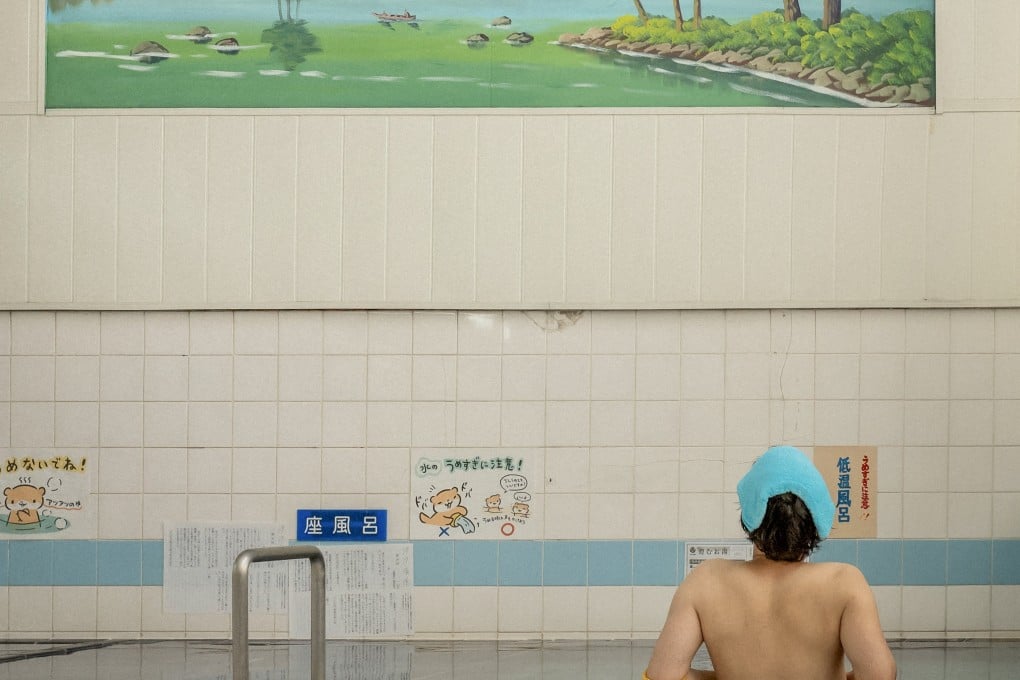Japan’s sento bathhouses, featured in Perfect Days, are appealing to a younger clientele – but how do they differ from onsen?
Wim Wenders’ latest film, Perfect Days, shows its protagonist relaxing at a sento bathhouse – one that exists in real life. A look inside Denkiyu, in east Tokyo

Wim Wenders’ latest film, Perfect Days, is a languid sketch of a typical Tokyo toilet cleaner’s life. It shows the minutiae of the working-day rituals of its protagonist, Hirayama: wiping toilet bowls with scrupulous attentiveness; driving his van to work; and the inane conversations he has with fellow cleaners.
Part of his daily routine sees Hirayama washing off the day’s toils at the local sento bathhouse. Having showered, he slowly sinks into the bath, letting the hot water dissolve the stresses of the day. He knows that the only thing left for him to do that night is to slide onto his futon and read a novel.

The bathhouse depicted in the film, Denkiyu, is a functioning, real-life sento in Kyojima, east Tokyo, and Hirayama could well be a denizen of this small downtown neighbourhood where the bath plays a central role for residents.
At the sento, all walks of life, stripped of social signifiers such as fashionable clothing, relax and converse. It is one of the few places where usually reserved strangers will talk to each other.

Sento have been a fixture in urban residential areas, where traditionally, many of the houses didn’t have a bath. Nowadays, more than 98 per cent of homes have their own bathrooms, so the need for a public facility has diminished. Denkiyu sees 250 visitors a day at the most, but on average 3,000 a month.